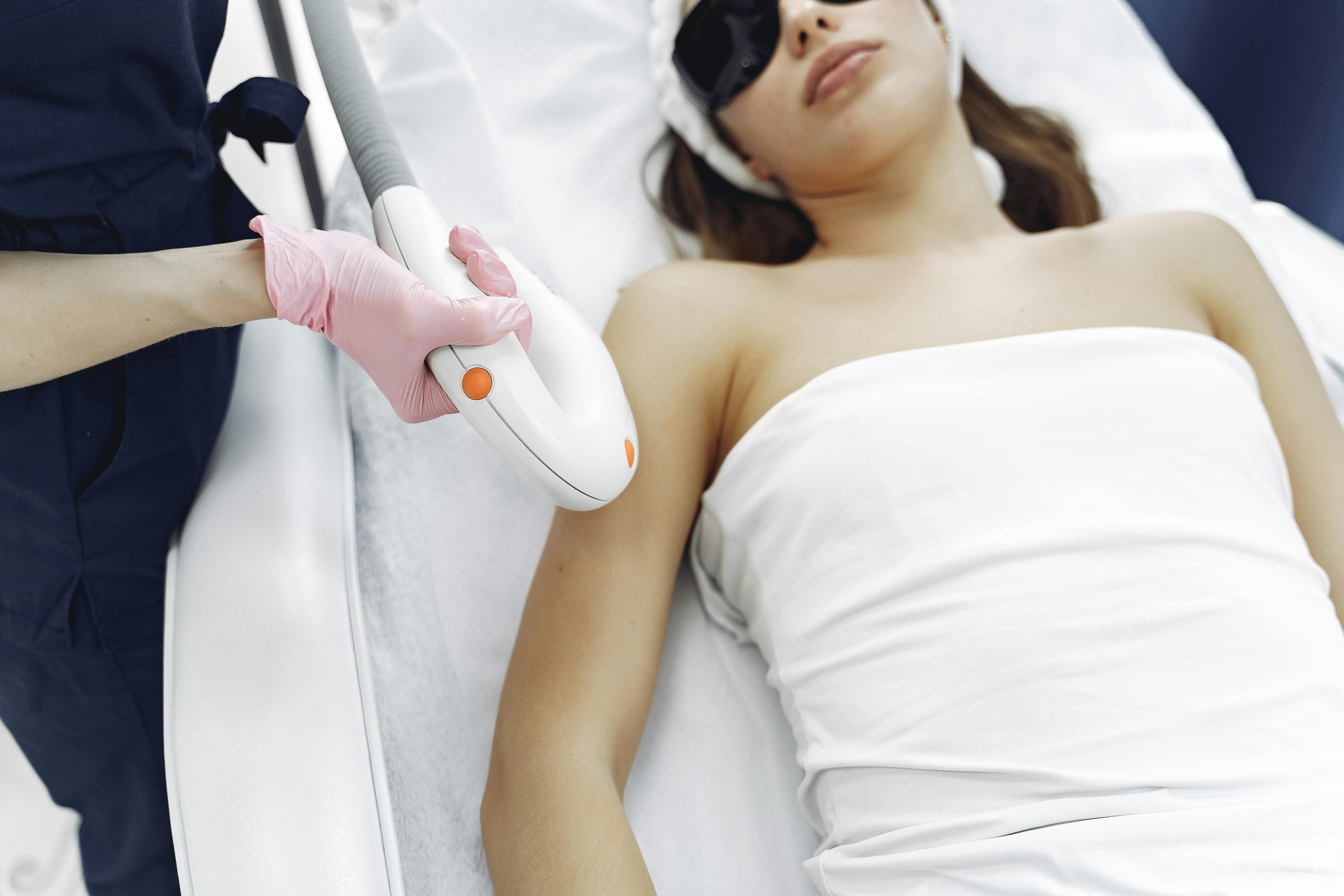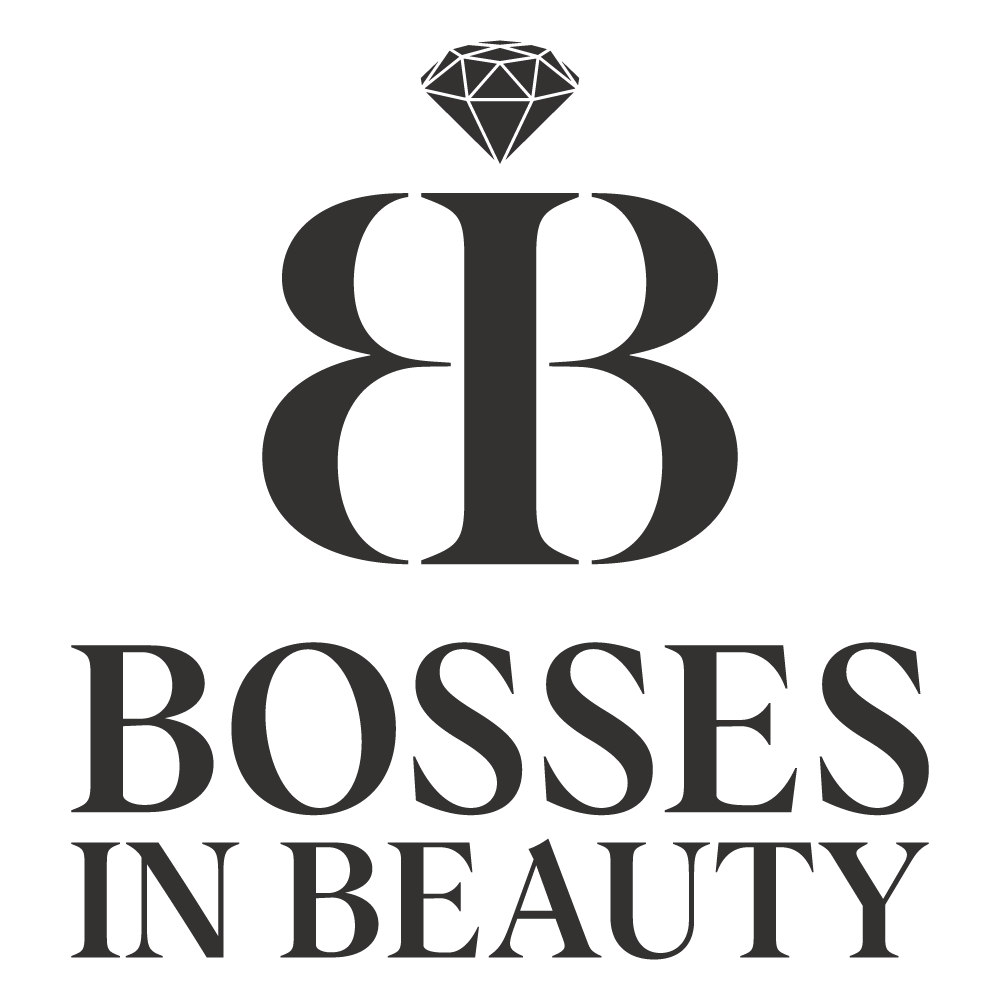Can Estheticians Perform Laser Hair Removal?

In many states, laser hair removal can only be performed by licensed medical professionals such as nurses, physician’s assistants, and doctors. However, some places allow estheticians to offer laser hair removal services as long as they meet certain training qualifications.
Whether your state requires physician oversight for these procedures or places no limitations on laser hair removal, you’ll want to understand the factors that may affect your business. Today, we’re discussing how to add laser hair removal treatments to your service menu as an esthetician!
What are the training and safety regulations for laser hair removal?
While training requirements vary by state, you can expect certain licensing regulations to remain consistent in most areas. Here are some of the training and safety protocols for laser hair removal:
Training and education for estheticians
Laser hair reduction training is generally not included in most esthetician school programs since these courses primarily focus on the outermost layer of skin. In many cases, estheticians must complete additional educational courses to perform these services. Some states allow approved electrologists to perform laser hair removal, so you might consider finding an accredited electrology program in your area.
Licensing requirements for laser hair removal
In some states, licensed estheticians must also hold dedicated laser hair removal licenses to practice light-based hair reduction.
Safety standards for operating laser devices
The majority of states require physician oversight to legally perform laser hair removal, whether the procedure is done by an esthetician, nurse practitioner, or physician’s assistant.
Insurance regulations for laser hair removal
Since you can’t always predict how a client’s skin will respond to laser hair removal, running a successful laser clinic can feel risky. Before taking the plunge, talk to your esthetician insurance provider about coverage options for these services.
It’s essential you understand the limitations of your plan before investing time and money into training courses and expensive laser devices. In the event of an adverse reaction to treatment, your business will be better protected from the effects of legal disputes.
Are licensed estheticians able to perform laser hair removal?

The answer to this question is largely location-based. Laser hair removal typically falls under the jurisdiction of either your state cosmetology or medical board.
Does this differ by state?
Absolutely. Each state board requires various certifications, licenses, and professional training hours to perform laser hair removal. In some places, such as California, New Jersey, and New York, laser services are strictly limited to medical professionals.
Which states allow estheticians to do laser hair removal?
With proper training and a valid license, estheticians may perform laser hair removal in the following states:
- Arizona
- California
- Colorado
- Georgia*
- Idaho
- Iowa*
- Nevada*
- New Mexico
- Oregon
- Texas
- Utah
- Washington
- Wisconsin
Those marked with an asterisk (*) typically do not require physician supervision. Of course, estheticians in other states may be able to practice laser hair removal with additional training, such as electrology or laser technician certifications.
What’s required if an esthetician wants to do laser?
Many states that allow estheticians to perform laser hair removal require these skincare professionals to complete additional hands-on training before treating clients. If you practice in one of these areas, you can also expect to participate in continuing education every two to four years in order to maintain your license.
What laser methods can estheticians legally perform?
Thanks to advanced technology, many laser devices can serve a range of functions in the esthetics field. Here are some of the common light-based techniques used by qualified estheticians:
Laser hair removal
During laser hair removal treatments, concentrated light waves are used to destroy the hair follicle so it no longer produces new strands. In most cases, it only works on hairs in an active growth phase, so the efficacy increases as clients complete a full treatment series.
Photofacials
Phototherapy facials can turn back the clock to eliminate signs of aging and stimulate collagen production for a youthful glow. Laser and LED light treatments may be added to other facial services to maximize results.
Non-ablative laser skin resurfacing
Non-ablative lasers used for skin resurfacing treatments may also fall within an esthetician’s scope of practice. A properly trained technician might include these services in a comprehensive spa menu.
Take the next step in your esthetics career with Bosses in Beauty!
The industry experts at Bosses in Beauty can help you take your business to the next level by offering laser skin care services. Of course, your location will determine how much additional training you’ll need to complete to be eligible. In some cases, the answer might be zero. In others, you may need to join the world of medical professionals to offer this cosmetic art form.
No matter where you currently stand as a business owner — from the early stages of planning your first spa menu to breaking through to seven figures, we’re here to help! Contact us today to learn more!
Thinking about starting your own esthetics business?

Download The Top 12 Mistakes Estheticians Make When Going Solo so you can be fully prepared to take any challenge starting your beauty biz throws at you!


